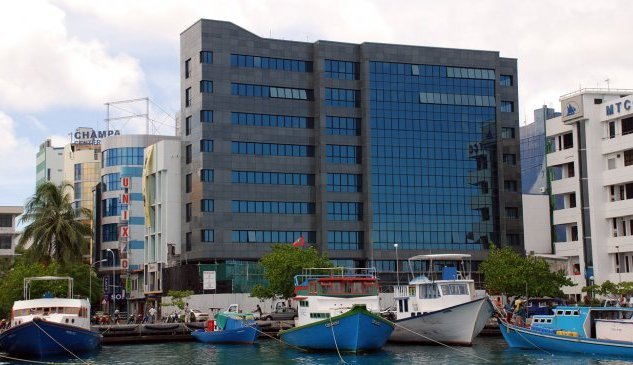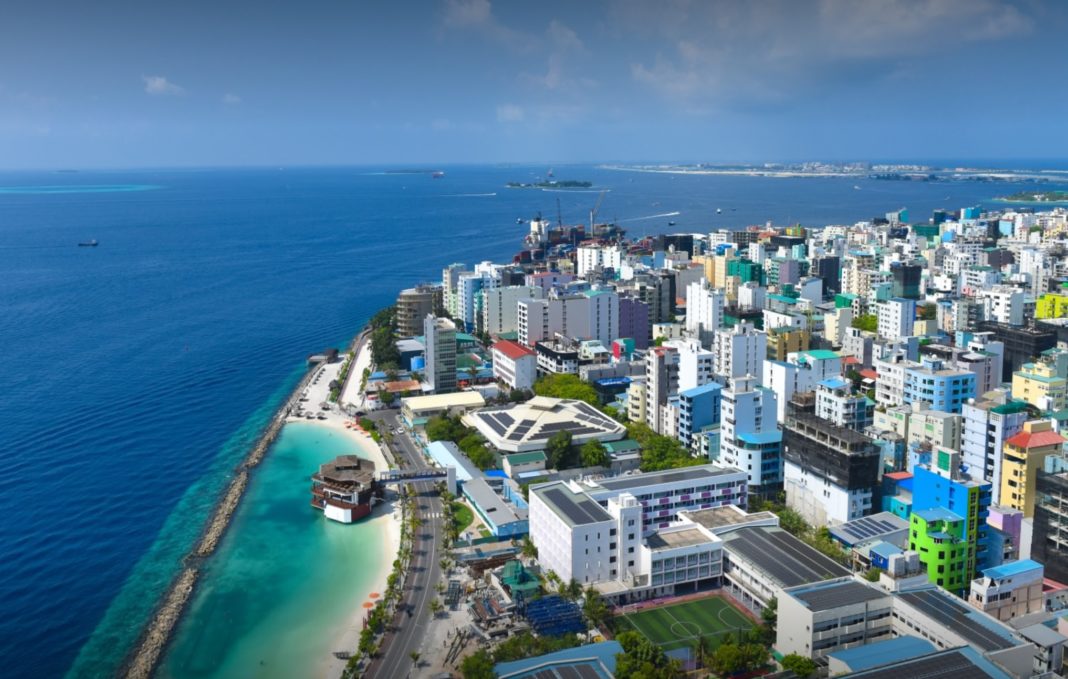Like many other small island developing states, sustaining a healthy employment rate has always been a challenge to the Maldives. With the paradigm shift that is occurring in the Maldivian public, there have been elevated expectations towards any given administration in creating favourable employment conditions. As Maldives is a country with limited natural resources and tourism being the life blood of its economy, the nation direly needs to apportion the economic risk it faces from global shocks by being majorly reliant on tourism. The biggest challenge with tourism in the Maldives is that the direct participation in resort employments and retention is despicably low due to various social and cultural factors as evident in past studies.
On the other hand, tourism in the Maldives requires huge investments and therefore it is controlled by ‘behemoths’ in the Maldivian context apart from the guest houses that have recently started to emerge. I foresee that entrepreneurship could act as panacea for many challenges that we are facing these days within the Maldives including the social disharmony, exacerbated crime rates, political instabilities and the lack of willingness to volunteer for meaningful societal causes.
Economic Freedom Links with Social Cohesion
Entrepreneurship is vital for any country to prosper. There are enormous body of academic evidences that links entrepreneurship with stimulating above average economic growth, employment, innovations with greater potential to commercialise it and the wider multiplying social benefits it nurtures. The perception towards the potential of entrepreneurship in job creation has been questioned overtime in the world. From post-war until 1960s, the world governments and the public believe that large corporations could be the prime source for job creation. This conventional thinking was initially refuted in 1979 by David Birch, an eminent economist at MIT, with his longitudinal study “The Job Creation Process”, which was dismissed. In 1980 Canadian researchers showed consistent findings, which was also met with same reaction. Furthermore, several subsequent studies including many modern-day researches support the notion of entrepreneurship potential in wider economy that led many international organisations and national governments to believe that entrepreneurship plays the central role of job creation in an economy.

A good example is Germany, where its small and medium-sized enterprises (SMEs) or “Mittelstand” as referred to it locally, play the most significant role in flourishing employments to the German economy. According to Federal Statistical Office of Germany, 61 percent of total employments in Germany are in SMEs. Perhaps, there could be many lessons that Maldives could imitate from Germany’s success in SMEs to plan its economic policy towards a more successful employment model.
Need for a Better Measurement Mechanism
The biggest challenge that we have in the Maldives is the dearth of data required for the public and media to understand the dynamics inherent to any particular issue. So is the case with entrepreneurship. Although we see many entrepreneurship initiatives being introduced, there are no crucial data in the public domain that determines its longevity and the extent of economic output realised to the society at a macro level.

To triumphantly drive entrepreneurship in the Maldives, it is important to implement an effective measurement mechanism. Implementing ad hoc entrepreneurship initiatives without such a mechanism would impede Maldives to identify and develop a workable model in the long-term. An ideal practice would be to compile the relevant statistics by the concerned statistical body within the government, in the case of Maldives, National Bureau of Statistics, in line with international standards and with good transparency. Such publications will help the respective medias, NGOs and think tanks in the domain to continue and also to keep the discourse vital to implement and realign the required economic policy beneficial for the nation.
Way to Move Forward
There are many schools of thoughts that are put forward in implementing successful entrepreneurship in national dimensions. These are broadly categorized into macro and micro school of thoughts. Macro perspectives in entrepreneurship take into account the broader social, political and economic environmental factors and how these contributes to the flourishing of entrepreneurship in the wider society. In contrast, the micro standpoints take precedence over factors that are directly related to entrepreneurship including the individuals’ psychodynamic factors that considers the personality traits and individuals’ resilience in dealing with failures. However, like all other social science disciplines, identifying an effective entrepreneurship model to any given country is challenging due to the variability of social contexts. It often lean less towards a one-size-fit-all It is a continuous process that requires commitment from all relevant stakeholders in the Maldives including the government, private sector and the aid organizations to address the emerging challenges.

An effective approach would be to complement in-depth scientific analysis to examine the factors and conditions that are working in the Maldives and align policy practices and other corrective measures with recent findings in order to keep the entrepreneurship on a healthy track. This includes nurturing a conducive entrepreneurial ecosystem that works to different regional contexts in the Maldives. Such an ecosystem would have effective political, economic, social and technological interventions to remove the barriers for entrepreneurship.
Some of the interventions that could help the Maldivian context include implementing tax concessions, flowing seed funding, development of human capital including developing of technical and business expertise which can be augmented through quality academic institutes. Concurrently, supplement favourable legislations, enhancing professional services such as legal, accounting, insurance etc., enhancing well-designed incubation facilities and hosting more frequent events including boot camps, startup weekends, hackathons more widely within the Maldivian community is equally significant.
Implementing a fruitful entrepreneurship model would take a long time to optimally adjust and address the aforesaid variables to the intricate challenges we have in the Maldivian context. It is important start the ball rolling in the right direction sooner rather than later to reap the maximum benefits that would help to create a prosperous and stable community in the Maldives.

The above article was written by Anil Adam, who is the Dean of Students at Cyryx College and lectures in the business domain.















